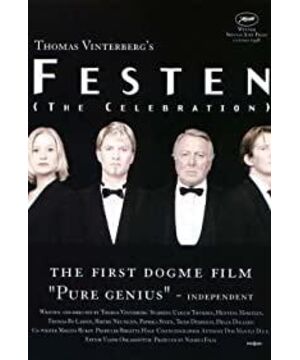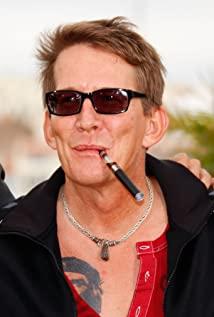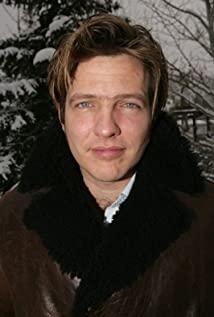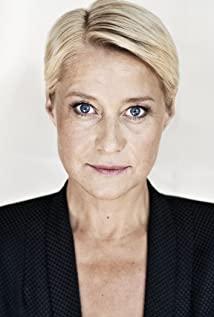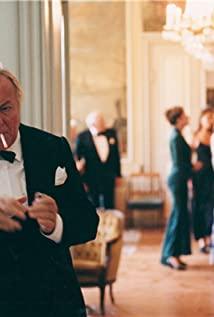"Family Banquet" is a movie about family secrets, anxiety, and crime. How does the real movie division promote the real expression of the emotional state here? How does the selection and organization of camera positions produce and strengthen the emotional state of the narrative?
The real cinematic technique produces a general sense of reality, just like capturing the personality of the characters after taking off the mask-Michael's insecurity and rage, Christian's depression and special status in the family, Helki Ownership and confidence in power, Hai Ling's provocative rebellion, mother's superficiality and outgoing.
In the film, the camera actively participates in shaping the emotional heart of the characters. When shooting Helgi with a mid-range lens, he is always in the center of the frame and the lens is still. Winterberg also always draws Helgi's lens longer than other characters' roles, which makes us feel that Helgi's rights surpass other people. The treatment of Michael is the opposite. Michael is not only insecure, but also grumpy. Winterberg uses the lens to get in touch with Michael at close range, looks at him carefully, and even stares at him; he uses a shaking lens to photograph his angry objects—usually. His wife and other women. The movement of the camera is full of vitality, just like Michael's emotions, Winterberg also uses quick editing or switching shots to imitate Michael's emotional state.
Although Christian and the others finally won, Winterberg did not reflect the transformation of emotional rights through images and editing, and there was no rapid emotional repair in the film. In the end, the camera position and editing became slow and calm, symbolizing Michael calming down and gaining an advantage in the relationship with his father. Throughout the narrative, we feel that the later Michael is more determined, stable, and dignified than the previous Michael dominated by anger and fear. This transition is particularly critical, because Michael seems to be the most hurt of the three surviving children. The change of Michael's camera position and the speed of continuous editing in the first act reflect the progress of these grown-up children in these 24 hours.
Winterberg gave the three children their personalities, and determined different speeds according to each individual's personality. Christian is depressed. His speed is slow, shooting from a long distance, and located in the depth of the picture, making him seem very far away. Michael is nervous, the camera is hectic. The director imitated Hai Ling's perspective with a subjective lens. The speed is faster than Christian's, but without Michael's fuss. In general, the speed of the camera movement creates vitality but also emotional tension. The constantly moving camera imitates the emotionally suffocating features of Helki’s children.
Winterberg's use of real film techniques adds a layer of credibility to the film narrative.
View more about The Celebration reviews


